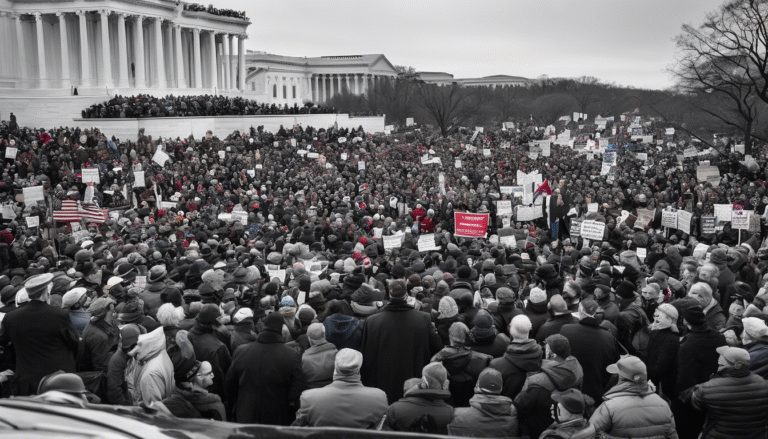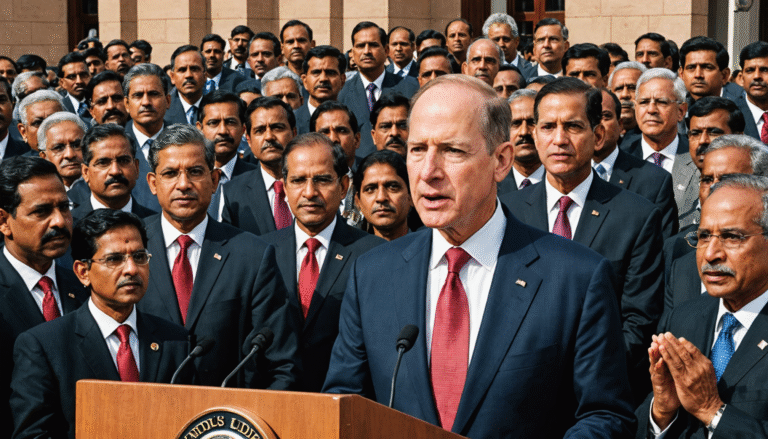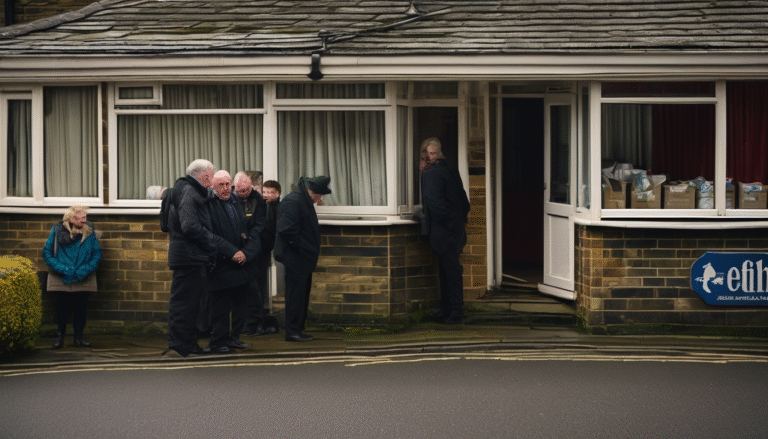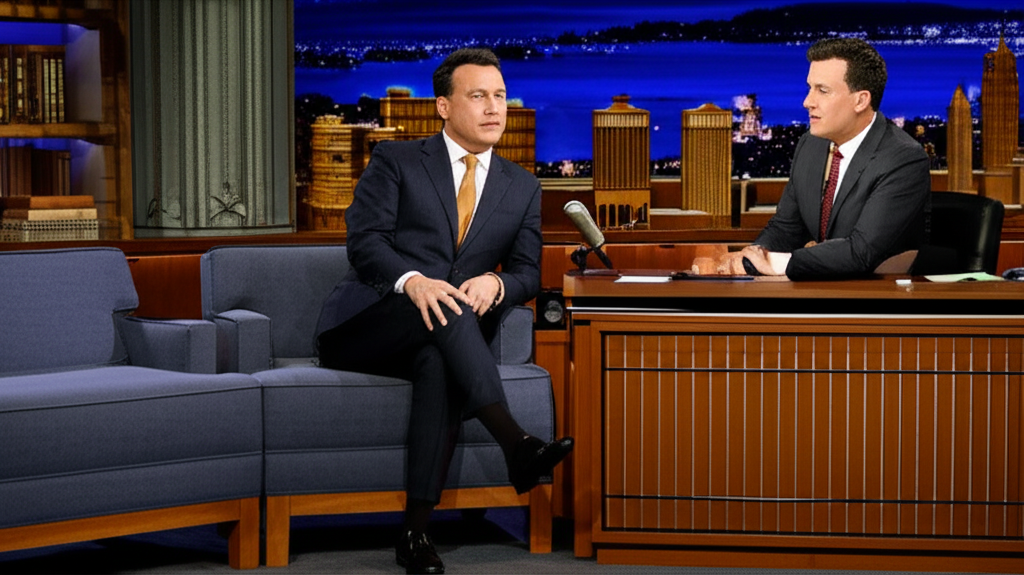
Meyers Blends Humor and Commentary on Free Speech
The landscape of American late night television has been thrust into a contentious debate surrounding free speech and political influence, with the recent **late night show suspensions** drawing sharp commentary from prominent hosts. Seth Meyers of NBC dedicated a significant portion of his show on Thursday night to address what he termed a “crackdown on free speech,” directly responding to the indefinite suspension of Jimmy Kimmel’s program on ABC and criticism from former President Donald Trump. Meyers navigated the sensitive topic by employing his signature blend of sharp humor and serious critique. He began his monologue with a sarcastic tribute to Trump, a move designed to disarm the tension while simultaneously highlighting the political pressures facing comedians. “I’ve always admired and respected Mr. Trump,” Meyers stated with comedic timing. “A visionary, innovator, a great president, and an even better golfer… And if you’ve ever heard me say anything negative about him, that’s just AI.”

After the initial jest, Meyers shifted his tone to a more serious and defiant one. He expressed solidarity with his colleague, Jimmy Kimmel, and underscored the fundamental importance of free expression in the United States. He articulated the privilege and responsibility that comes with hosting a show in a country that constitutionally protects freedom of speech. Reaffirming his dedication to his work, Meyers sent a clear message that he would not be deterred by the mounting external pressures. “We’re going to keep doing our show with enthusiasm and integrity,” he declared, signaling his commitment to providing independent commentary regardless of the political climate. This statement served as both a personal mission statement and a rallying cry for others in the industry facing similar scrutiny, reinforcing the role of late night satire as a form of public discourse.
Trump Escalates Criticism, Targets NBC Hosts
In a direct response to the ongoing events, President Donald Trump utilized his social media platform, Truth Social, to voice his approval of ABC’s decision to suspend Jimmy Kimmel. He celebrated the move and leveraged the moment to intensify his long-standing criticism of other late night hosts who have been critical of his administration. Trump specifically targeted NBC personalities Seth Meyers and Jimmy Fallon, labeling them “total losers on Fake News NBC.” His post went further than mere criticism, as he publicly urged NBC to take similar disciplinary action against its hosts. The message was unambiguous and served as a direct challenge to the network’s leadership.
“Do it NBC!!!”
This public call to action echoed his persistent frustrations with the critical portrayals he often receives in late night comedy. By praising ABC’s decision and demanding NBC follow suit, Trump amplified the pressure on broadcast networks to align with his political sensibilities. His commentary framed the issue not just as a matter of comedic taste but as a battle against what he considers “Fake News,” further politicizing the entertainment landscape and raising questions about the influence of political figures on corporate media decisions. This intervention placed networks in a difficult position, caught between protecting their talent’s freedom of expression and navigating the potential political and commercial repercussions of alienating a significant political figure and his supporters.
Industry Solidarity and Cautious Responses
Amid the escalating tensions, other figures in the late night community responded, albeit with varying approaches. Jimmy Fallon, Meyers’ colleague at NBC, addressed the situation on his Thursday show with his characteristic light-heartedness. In a move that appeared designed to de-escalate the conflict while still showing support, Fallon humorously instructed his announcer to deliver any jokes pertaining to Trump to ensure they were sufficiently inoffensive. This comedic bit acknowledged the charged atmosphere without engaging in direct confrontation. Fallon’s on-air message about Kimmel was one of personal support and affection. “To be honest, no one really knows what’s going on, but Jimmy Kimmel is a decent, funny, and loving guy,” Fallon stated, adding, “I hope he comes back.”
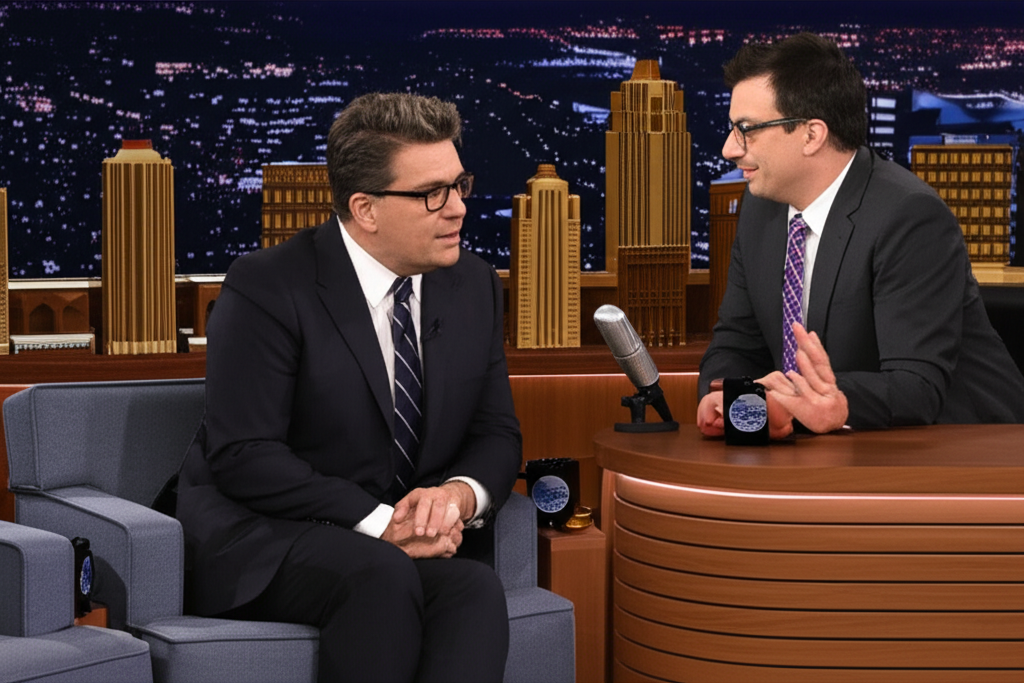
Behind the scenes, Fallon’s support was more direct. He revealed that he had personally reached out to Kimmel to offer his support during the suspension. Furthermore, Fallon extended his praise to other hosts in the industry, including Stephen Colbert, emphasizing the collective role they play in the media ecosystem. “We need to entertain and make people happy in this crazy world,” he remarked, highlighting the core mission of their programs even in politically turbulent times. This sentiment reflects a sense of camaraderie among the hosts, who, despite being on competing networks, share the common challenge of creating comedy under intense political scrutiny. The responses from hosts like Fallon illustrate the delicate balance they must strike between addressing serious issues, maintaining their comedic personas, and supporting their peers.
Background: A Pattern of Pressure on Late Night
The recent events surrounding the **late night show suspensions** are not isolated incidents but rather part of a broader, intensifying conflict between political figures and media commentators. The pressure on hosts and their networks has been building, with significant consequences for some of the industry’s biggest names. A key precursor to the current situation was the firing of Stephen Colbert in July. Colbert was dismissed after he publicly criticized CBS’s parent company, Paramount, for its decision to settle a $16 million lawsuit with Trump during a sensitive merger period. This event signaled a new level of vulnerability for hosts whose commentary touched upon the corporate dealings of their parent companies, especially when those dealings involved powerful political figures.
The suspension of Jimmy Kimmel by ABC followed a different, yet related, path of controversy. The network’s action was a direct result of remarks Kimmel made regarding the individual accused of shooting conservative commentator Charlie Kirk. These comments generated significant backlash from conservatives, who deemed them offensive and insensitive, leading to calls for regulatory action and advertiser boycotts. The situation was further exacerbated when Nexstar Communications, a major broadcast group, announced it would cease airing Kimmel’s show on its 23 ABC-affiliated stations. This move from a key partner put immense pressure on ABC, leading to emergency meetings within the network and culminating in the decision to suspend Kimmel indefinitely. These incidents collectively illustrate a pattern where political and corporate pressures are directly impacting programming and personnel decisions in late night television.
- Stephen Colbert was fired in July after criticizing a $16 million lawsuit settlement between Paramount and Trump.
- ABC indefinitely suspended Jimmy Kimmel following controversial remarks that drew conservative backlash.
- Nexstar Communications stopped airing Kimmel’s show on 23 of its ABC-affiliated stations.
- President Trump suggested networks critical of him could be at risk of losing their broadcast licenses.
What’s next: An Uncertain Future for Late Night Satire
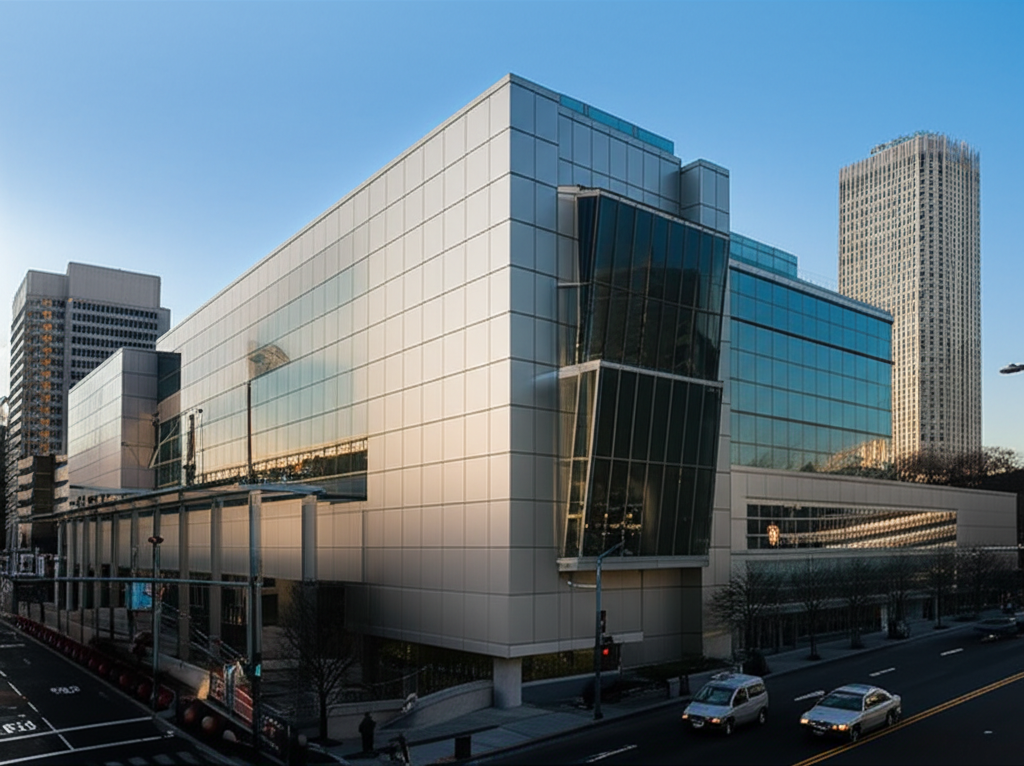
The future for late night television, particularly for hosts known for their political satire, remains highly uncertain. The recent actions taken against Kimmel and Colbert have created a palpable sense of apprehension across the industry. The professional fates of Seth Meyers and Jimmy Fallon, who were directly called out by President Trump, are now a subject of speculation. The central conflict highlights the precarious balance between the tradition of late night political satire, the constitutional protections of free speech, and the powerful influence wielded by political figures and corporate entities in the modern American media landscape. This tension is further complicated by potential regulatory intervention. Federal Communications Commission (FCC) Chairman Brendan Carr has publicly stated that he is evaluating the situation, hinting that the consequences seen so far may not be the end of the story. “We’re not done yet with seeing the consequences of that shift,” Carr commented, referencing the changing media dynamics under Trump’s influence.
President Trump himself has escalated the stakes by suggesting that networks critical of his administration could face the ultimate penalty: the loss of their broadcast licenses. He has characterized these networks as being “an arm of the Democrat Party,” framing their critical coverage not as independent journalism or commentary but as partisan activism. This rhetoric puts enormous pressure on networks, which rely on FCC-issued licenses to operate. The confluence of these factors—direct political attacks, corporate partner pressure, and the threat of regulatory action—creates a chilling effect. The industry is now navigating a landscape where programming decisions may be influenced as much by political risk assessment as by ratings or creative merit. The ongoing saga of the **late night show suspensions** will likely serve as a crucial test case for the resilience of free speech and independent commentary in an increasingly polarized environment. [Source](https://tdpelmedia.com/seth-meyers-challenges-president-trump-over-free-speech-and-late-night-show-suspensions-across-the-united-states/)



